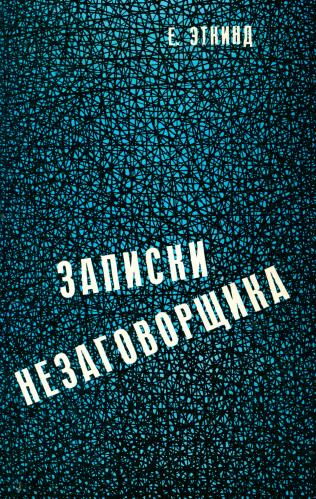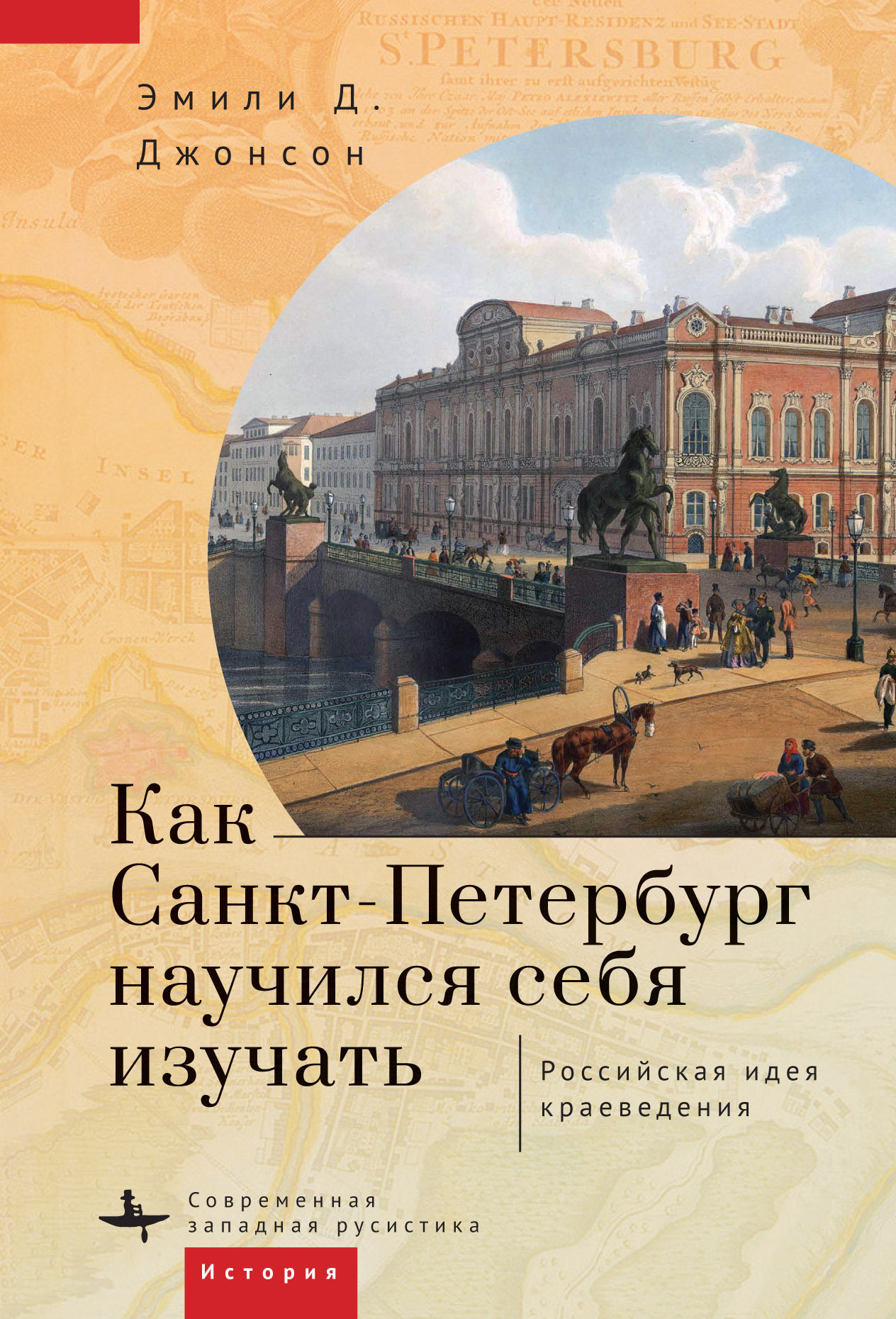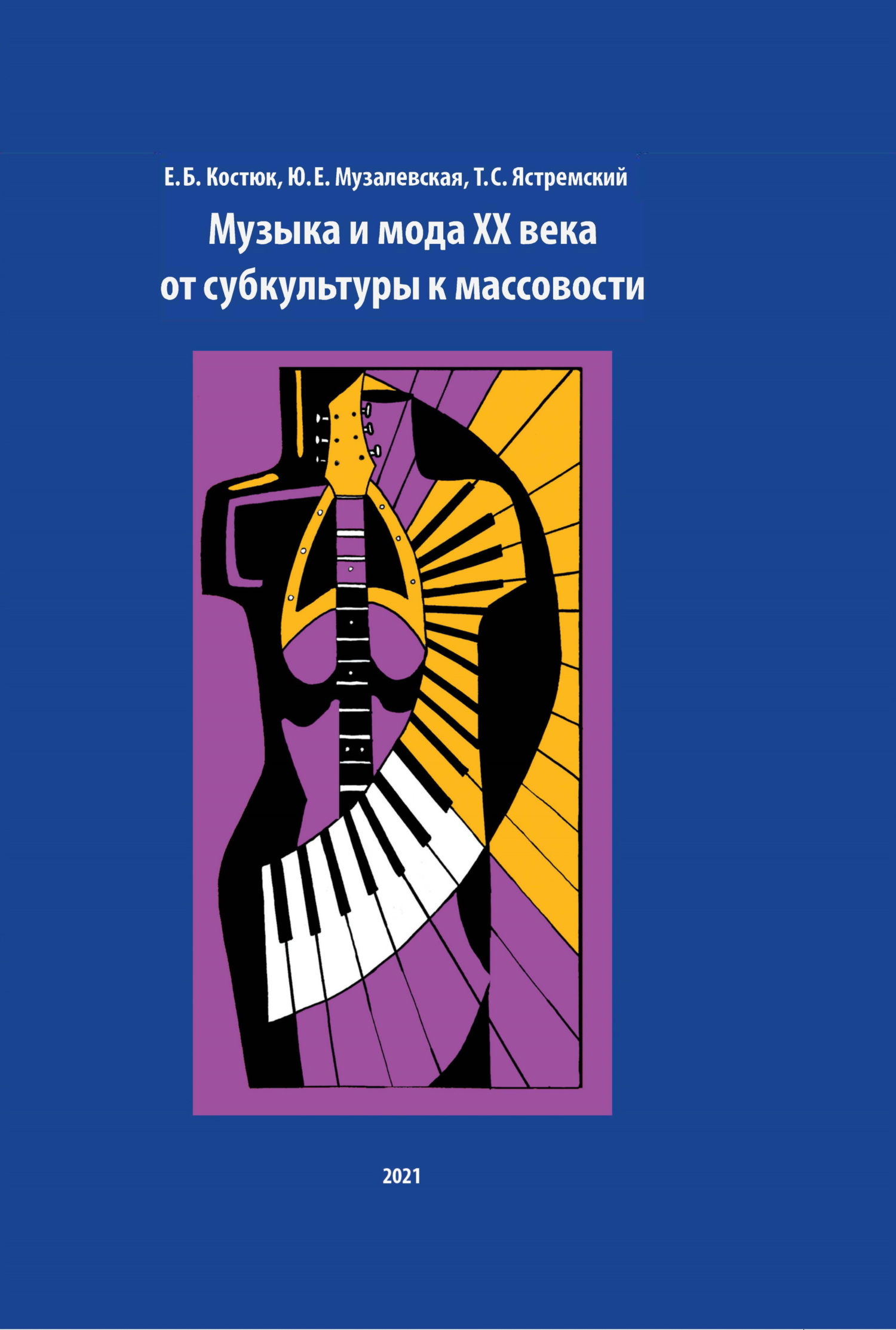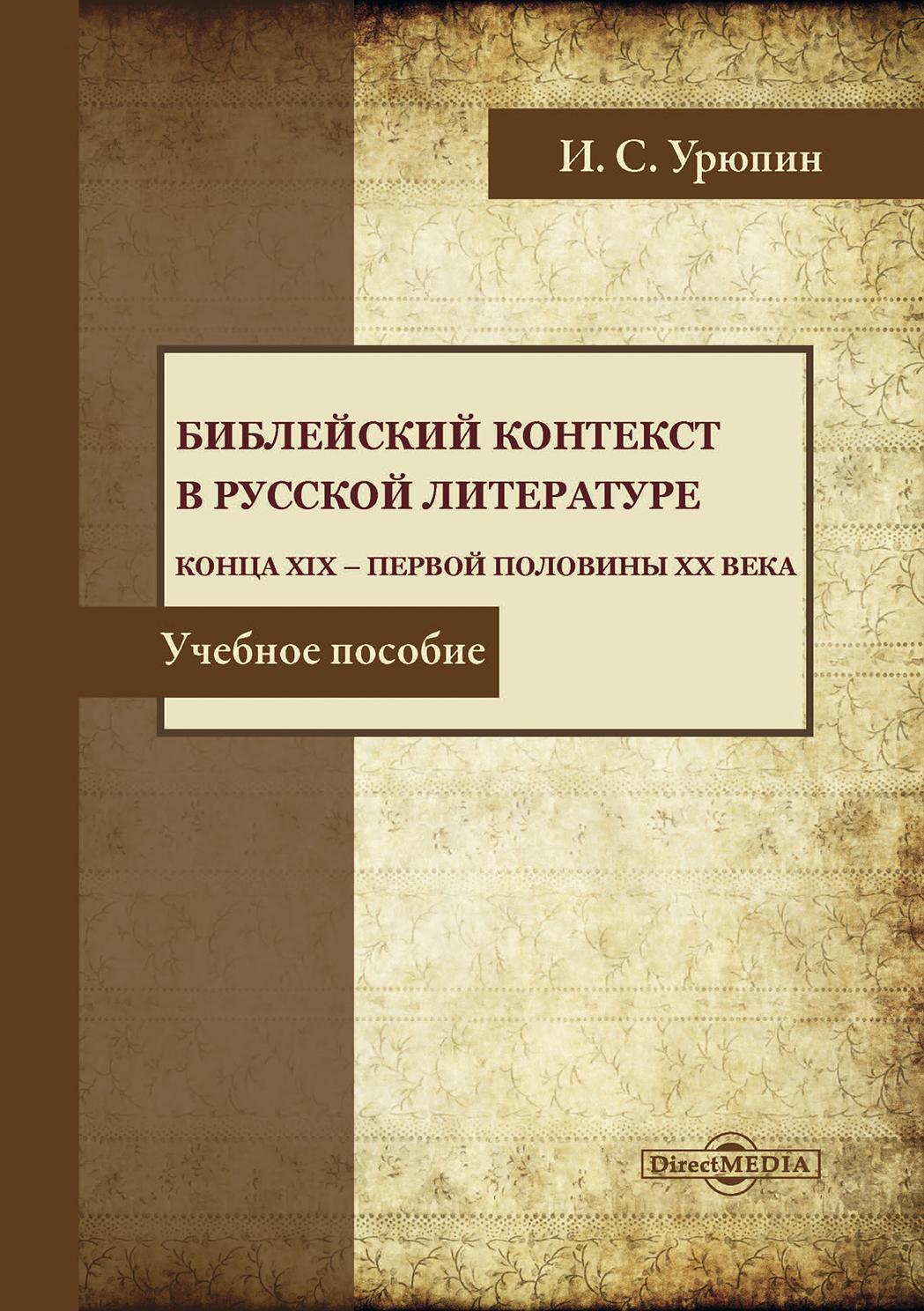and London: Routledge, 2002.
Lukomsky, Vera. Russian Postmodernism on Absurdities and Realities of Soviet Life: Alfred Schnittkes Opera Life with an Idiot // International Journal of Musicology 8 (1999): 425–448.
Maes, Francis. A History of Russian Music: From Kamarinskaya to Translated by Arnold J. Pomerans and Erica Pomerans. Babi Yar. Berkeley: University of California Press, 2002.
MacDonald, Ian. Music under Soviet Rule. The Lady with the Hammer: The Music of Galina Ustvolskaya. http://www.siue.edu/~aho/musov/ust/ust. html.
Marek, Tadeusz. Gorecki in Interview (1968) – and 20 Years After // Tempo 168 (March 1989): 25–29.
Maus, Fred Everett. Music as Narrative // Indiana Theory Review 12 (1991): 1-34.
Mazo, Margarita. The Present and the Unpredictable Past: Music and Musical Life of St. Petersburg and Moscow since the 1960s // International Journal of Musicology 5 (1996): 371–400.
McBurney, Gerard. Soviet Music after the Death of Stalin // Russian Cultural Studies: An Introduction. Catriona Kelly and David Shepherd (eds). Oxford: Oxford University Press, 1998. P. 120–137.
McCarthy, Jamie. An Interview with Arvo Part // Musical Times 130, no. 1753 (March 1989): 130–133.
McClary, Susan. Conventional Wisdom: The Content of Musical Form. Berkeley: University of California Press, 2000.
–. Feminine Endings: Music, Gender, and Sexuality. Minneapolis: University of Minnesota Press, 1991.
–. The Impromptu That Trod on a Loaf: Or How Music Tells Stories // Narrative 5, no. 1 (1997): 20–35.
–. A Musical Dialectic from the Enlightenment: Mozarts Piano Concerto in G Major, K. 453, Movement 2 // Cultural Critique 4 (1986): 129–169.
–. Terminal Prestige: The Case of Avant-Garde Music Composition // Cultural Critique 12 (1989): 57–81.
Merridale, Catherine. Night of Stone: Death and Memory in Russia. London: Granta, 2000.
Michael, Mike. Reconnecting Culture, Technology and Nature: From Society to Heterogeneity. London and New York: Routledge, 2000.
Modras, Ronald. Jews and Poles: Remembering at a Cemetery // Memory Offended: The Auschwitz Convent Controversy. Carol Rittner and John K. Roth (ed.). P. 53–61. New York: Praeger, 1991.
Monelle, Raymond. The Sense of Music: Semiotic Essays. Princeton, N.J.: Princeton University Press, 2000.
Moody, Ivan. The Music of Alfred Schnittke // Tempo 168 (March 1989): 4-11.
Naimark, Norman M. The Nazis and the ‘East’: Jedwabne s Circle of Hell // Slavic Review 61, no. 3 (Autumn 2002): 476–482.
Nattiez, Jean Jacques. Music and Discourse: Toward a Semiology of Music. Princeton, N.J.: Princeton University Press, 1990.
Neimeyer, Robert A. Introduction: Meaning Reconstruction and Loss // Meaning Reconstruction and the Experience of Loss. Robert A. Neimeyer (eds). Washington, D.C.: American Psychological Association, 2001. P. 1–9.
–. The Language of Loss: Grief Therapy as a Process of Meaning Reconstruction II Meaning Reconstruction and the Experience of Loss. Robert A. Neimeyer (ed.). Washington, D.C.: American Psychological Association, 2001. P. 261–292.
–. The Lessons of Loss: A Guide to Coping. New York: McGraw-Hill, 1998.
Neimeyer, Robert A., Laurie A. Burke, Michal M. Mackay, and Jessica G. van Dyke Stringer. Grief Therapy and the Reconstruction of Meaning: From Principles to Practice // Journal of Contemporary Psychotherapy 40 (2010): 73–83.
Neimeyer, Robert A., and Heidi M. Levitt. What’s Narrative Got to Do with It? Construction and Coherence in Accounts of Loss // Loss and Trauma: General and Close Relationship Perspectives. John H. Harvey and Eric D. Miller (eds). Philadelphia: Brunner-Routledge, 2000. P. 401–412.
Neumeyer, David, and James Buhler. Analytical and Interpretive Approaches to Film Music (I): Analysing the Music // Film Music: Critical Approaches. K. J. Donnelly (ed.) New York: Continuum International, 2001. P. 16–38.
Newcomb, Anthony. Once More ‘Between Absolute and Program Music’: Schumann’s Second Symphony// 19th-Century Music 7, no. 3 (1984): 233–250.
–. Schumann and Late Eighteenth-Century Narrative Strategies // 19th-Century Music 11, no. 2 (1987): 164–143.
Nove, Alec. Glasnost’ in Action: Cultural Renaissance in Russia. Boston: Unwin Hyman, 1989.
Novick, Peter. The Holocaust in American Life. Boston: Houghton Mifflin, 1999.
Odam, George (ed.). Seeking the Soul: The Music of Alfred Schnittke. London: Guildhall School of Music and Drama, 2002.
Oltjenbruns, Kevin Ann. Developmental Context of Childhood: Grief and Regrief Phenomena // Handbook of Bereavement Research: Consequences, Coping, and Care. Margaret S. Stroebe, Robert O. Hansson, Wolfgang Stroebe, and Henk Schut (eds). Washington, D.C.: American Psychological Association, 2001. P. 169–197.
Ong, Walter J. Orality and Literacy: The Technologizing of the Word. London and New York: Routledge, 1982.
Parakilas, James, et. al. Piano Roles: Three Hundred Years of Life with the Piano. New Haven, Conn.: Yale University Press, 1999.
Parkes, Colin Murray. Bereavement: Studies of Grief in Adult Life. 3rd ed. New York: International Universities Press, 1996.
– A Historical Overview of the Scientific Study of Bereavement // Handbook of Bereavement Research: Consequences, Coping, and Care. Margaret S. Stroebe, Robert O. Hansson, Wolfgang Stroebe, and Henk Schut (eds). Washington, D.C.: American Psychological Association, 2001. P. 25–45.
Pennebaker, James W. Emotion, Dislosure, and Health. Washington, D.C.: American Psychological Association, 1995.
Pennebaker, James W., Emmanuelle Zech, and Bernard Rime. Disclosing and Sharing Emotion: Psychological, Social, and Health Consequences // Handbook of Bereavement Research: Consequences, Coping, and Care. Margaret S. Stroebe, Robert O. Hansson, Wolfgang Stroebe, and Henk Schut (eds). Washington, D.C.: American Psychological Association, 2001. P. 517–543.
Peters, Jacqueline Schmidt. Music Therapy: An Introduction. 2nd ed. Springfield, Ill.: C.C. Thomas, 2000.
Phillips, Peter. Holy Minimalism! // New Republic 217, no. 22 (December 1, 1997): 47–52.
Pichova, Hana. The Art of Memory in Exile: Vladimir Nabokov & Milan Kundera. Carbondale: Southern Illinois University Press, 2002.
Platt, Kevin M. E, and David Brandenberger (eds). Epic Revisionism: Russian History and Literature as Stalinist Propaganda. Madison: University of Wisconsin Press, 2006.
Polin, Claire. The Composer as Seer, but Not Prophet // Tempo 190 (September 1994): 13–17.
–. Interviews with Soviet Composers // Tempo 151 (December 1984): 10–16.
Polonsky, Antony, and Joanna B. Michlic. The Neighbors Respond: The Controversy over the Jedwabne Massacre in Poland. Princeton, N.J.: Princeton University Press, 2004.
Popovic, Dunja. ‘Pravo na TRUP’: Power, Discourse, and the Body in the Poetry of Nina Iskrenko // Russian Review 64 (October 2005): 628–641.
Prager, Jeffrey. Presenting the Past: Psychoanalysis and the Sociology of Misremembering. Cambridge, Mass.: Harvard University Press, 1998.
Prigerson, Holly G., and Selby D. Jacobs. Traumatic Grief
























